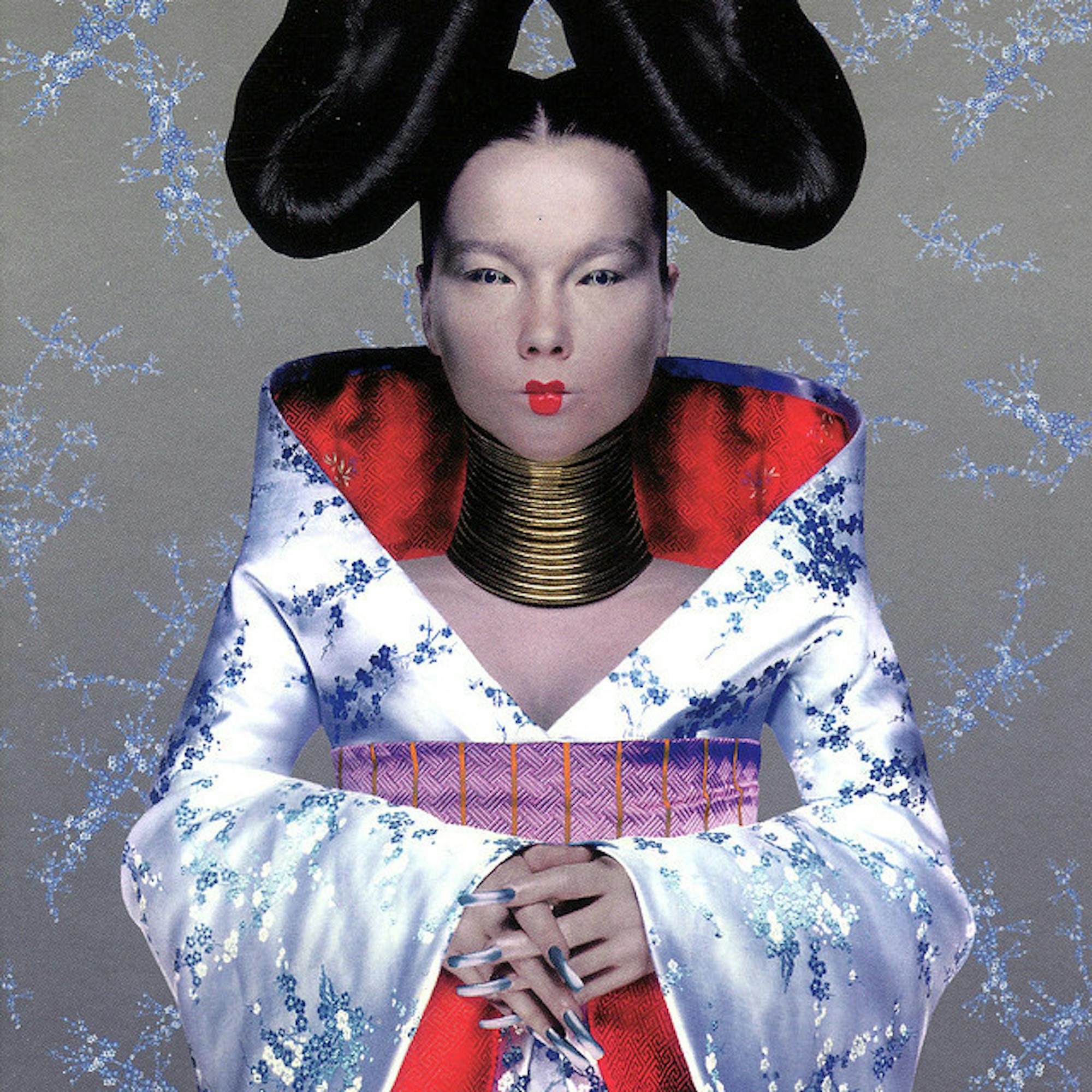In terms of success, Björk’s career has always been characterized by periods of ebb and flow, an inevitable consequence of experimentation. While “Post” (1995),“Homogenic” (1997) and “Vespertine” (2001) are considered cultural milestones of avant-garde pop, her later three albums, “Medúlla” (2004), “Volta” (2007) and “Biophilia” (2011) were met with more lukewarm reactions, although still applauded for their ambitiousness.
If it weren’t for Björk’s 2015 release of “Vulnicura,” one could argue that Björk’s career was on a decline similar to that of her contemporaries from the '90s. Yet “Vulnicura,” an apparent play on the words 'vulnerable' and 'cure,' was met with critical acclaim, both for its groundbreaking music that combined DJ/producer Arca’s electronic beats with tender strings and its deeply personal lyrics that dealt with Björk’s divorce from performance artist Matthew Barney. This year, which marks the 20th anniversary of Björk’s magnum opus “Homogenic,” the singer is set to release a new album, "Utopia," that will hopefully mark another peak in her career.
When Björk released “Homogenic" in 1997, she was already a household name in many countries. Her previous release “Post” made it into the top 10 of a number of European charts, and singles such as “Army of Me,” “It’s Oh So Quiet” and “Hyperballad” became moderate hits across the globe. “Post” helped create the Björk brand we know and love: unapologetically avant-garde, but also appealing to the mainstream, very visual and equally high fashion. Yet it was “Homogenic” that proved Björk is the musical genius we consider her to be today.
“Homogenic” opens with “Hunter,” a haunting track that plays with (and subverts) the trip-hop genre that was the hot trend of the alternative scene at the time. Yet it’s impossible to classify “Hunter” or “Homogenic” as trip-hop the same way one would classify a Portishead single or album. Björk combines trip-hop beats with complex, elaborate string arrangements and the end result is one of a kind.
Lyrically, “Homogenic” is Björk’s most honest album after “Vulnicura."In “5 Years” she touches upon the theme of unrequited love, but she refuses to be victimized by it. Her lyrics “You're the one who's missing out / But you won't notice / 'Til after five years / If you'll live that long / You'll wake up / All loveless” are resentful, yet show she refuses to be ashamed of loving or being loved. It’s refreshing simply because it argues for love in a time and culture that seem to argue against it. In the chorus, Björk sings the line, “You can't handle love” over and over again. Love is depicted as something frightening and intimidating but, unlike her lover, Björk is strong enough to handle it.
Last year, Björk penned an open letter to music critics about the misogyny in the music industry. She claimed that while men are able to sing about different subjects, “women in music are allowed to be singer-songwriters singing about their boyfriends." Björk’s claim certainly holds validity, especially considering her most lauded albums almost exclusively deal with heartbreaks. That said, it could also be argued that in Björk's case her 'heartbreak' albums are adored because they refuse to be part of a misogynistic narrative. They subvert the problematic 'damsel in distress' trope by drawing a portrait of a strong, rational woman who is able to fight against emotional trauma.
On Sept. 18, Björk premiered the first single, "The Gate," from her forthcoming album “Utopia." Björk has mentioned in past interviews that “Utopia” will be a “Tinder album,” exploring the first phases of a relationship. “The Gate” switches string arrangements with woodwind instruments, resulting in a single that is more experimental than the tracks from “Homogenic” and “Vulnicura.” That said, with its lyrics that boldly accept love, it's the same Björk we've always known.
From 'Homogenic' to 'Utopia,' Björk is a warrior of love

The cover of Icelandic musician Björk's album "Homogenic," which was released in 1997. “The Gate” from her forthcoming album “Utopia” is more experimental than the tracks from “Homogenic."





